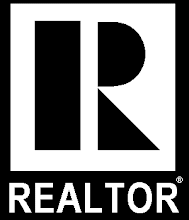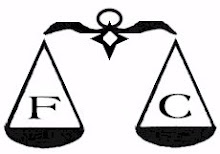“Short Sales”
Dispelling
The
Myths, (article courtesy of Michael A. Ferruggia, Esq.)
It is the “buzz” phrase in the real estate industry. We have been utterly bombarded with countless news broadcasts, articles, and financial reports regarding a housing market and mortgage industry in crisis. There have been both real and perceived effects on homeowners, lenders, and real estate professionals alike. A rise in the number of “short sales” is but one.
What exactly is a “short sale?” How does it work and to whom is it available? Unfortunately, like any “buzz”, misinformation and misconceptions continue to circulate.
A “short sale” is an agreement between a homeowner and a mortgage lender whereby the lender agrees to accept less than what is currently owed in satisfaction of the mortgage debt. Sometimes called a “discounted payoff”, a “short sale” offers an alternative to homeowners who wish to sell their home, but would otherwise be unable to do so because their mortgage indebtedness exceeds their home’s current value.
During the recent housing “boom”, many homeowners have purchased properties for little or no money down and received mortgages that were fixed only for a period a time. These mortgages are now converting to adjustable rate loans and many homeowners are now, or will soon be, faced with an increased mortgage payment; one which they may be unable to afford. Yet, due to the current mortgage and housing trends, homeowners may now be unable to re-finance or sell their home for what is owed.
Many homeowners have avoided the embarrassment, long term credit impact, and loss of dignity inherent in losing their home in foreclosure by negotiating “short sale” payoffs.
A “short sale”, however, is not available to every homeowner. Lenders are not in the business of losing money! Lenders will only accept an offer of a “short sale” if the homeowner can demonstrate a verifiable financial hardship and it makes sound business sense for the lender to do so.
When will it make sound business sense for a lender to accept a “short sale”? When it is presented with a compelling disclosure of the homeowner’s financial status, the property’s current market value, and its projected future value, all supporting the conclusion that, when compared to a foreclosure proceeding, a “short sale” satisfaction would minimize the lender’s loss.
A “short sale” is not, by any means, a simple request for a discounted satisfaction. Nor is it a foregone conclusion that a lender will accept a “short sale”. It is oftentimes a daunting and cumbersome task to compile a comprehensive “short sale” application package and invest the necessary “follow up” to ensure a lender’s review.
Most loss mitigation departments are currently inundated with an unprecedented number of “short sale” requests; a number which they are unequipped to service. It is up to the presenter to get the application package before a workout specialist authorized to render a decision on the “short sale” offer (not an easy task).
Who should present the offer of “short sale” to the lender? If authorized by the homeowner, realtors, attorneys, or any third party can present the “short sale” offer on behalf of the homeowner. Of course, the homeowner can even present it themselves. However, it should be discussed, understood, and agreed that the party assuming the responsibility to do so possesses sufficient experience in navigating the myriad of lender requirements and will invest the requisite amount of time, energy, and follow up necessary to consummate the “short sale”.
Click on word "Short Sale" in title of this posting to read up to the date news....
7/15/2008
Subscribe to:
Post Comments (Atom)



















No comments:
Post a Comment